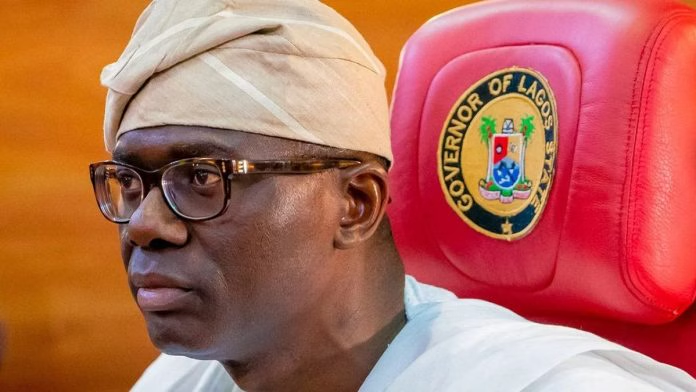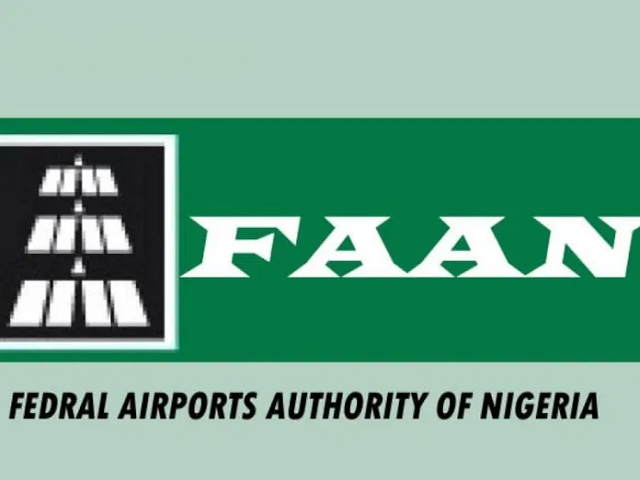In an ongoing legal battle, the Economic and Financial Crimes Commission (EFCC) has urged a Federal High Court in Abuja to dismiss Lagos State Governor Babajide Sanwo-Olu’s claims of harassment, arguing that his lawsuit is based on speculative grounds.
The case, which raises key questions about official oversight and political rights, has drawn attention to the powers and limits of Nigeria’s primary anti-corruption agency.
Governor Sanwo-Olu filed a fundamental rights suit against the EFCC, seeking legal protection against what he alleges are threats of investigation and possible detention after his tenure. Represented by lawyer Darlington Ozurumba, Sanwo-Olu’s legal team argues that he is entitled to the constitutional right to private and family life before, during, and after public office.
The governor’s suit, filed on June 6, seeks 11 reliefs, including a court declaration that any EFCC investigation, arrest, or detention related to his term as governor would be illegal and politically motivated. He also requests an order restraining the EFCC from acting on alleged politically charged accusations.
The EFCC, however, has firmly countered Sanwo-Olu’s assertions. In a counter affidavit filed on October 31, the agency contends that it has not threatened, invited, or taken any steps to detain or prosecute the governor. EFCC representative Ufuoma Ezire, who deposed the affidavit, emphasized that no investigations or allegations have been directed at the governor. “The plaintiff’s claims are unfounded and speculative,” Ezire stated, adding that there is no evidence of EFCC officers harassing or threatening the governor or his staff.
In his affidavit, Ezire outlined the EFCC’s standard operating procedures, asserting that any investigation invitation would be documented through formal communications, such as written letters or verified phone calls. The affidavit challenged Sanwo-Olu’s claims, deeming them a “misleading” attempt to influence the court without factual support. The anti-graft agency insists that the lawsuit is “misconceived and brought in bad faith.”
Governor Sanwo-Olu, however, maintains that his legal action is a protective measure, ensuring he retains his constitutional rights against any potential misuse of power by the EFCC. The tension between the agency’s mandate to investigate public officials and Sanwo-Olu’s claims of harassment speaks to broader concerns over the role of anti-corruption agencies in politically sensitive cases.
The case has been adjourned until November 26 for further deliberation, with the EFCC expected to respond to the latest originating summons. As the legal proceedings continue, the outcome may have significant implications for future relations between Nigeria’s governors and federal anti-corruption institutions, testing the boundaries of executive immunity and agency oversight in Nigeria’s political and legal landscapes.













